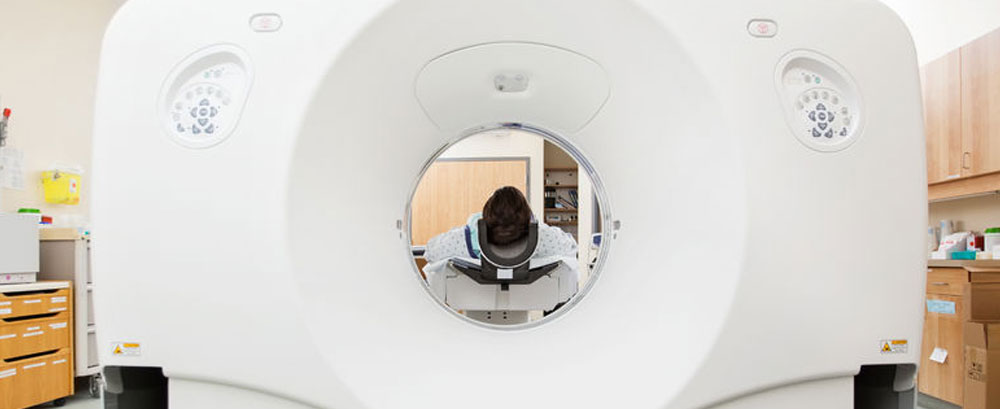The American Cancer Society has reported that cancer now accounts for nearly one in four deaths in the United States. In fact, an estimated 555,500 Americans died from cancer in the year 2002 and over half of those deaths were due to one of the following four cancers: lung, colorectal, prostate or breast. Other findings indicate that since 1991, overall cancer incidence and mortality rates declined at a rate of approximately 1.1 percent per year. “This progressive reduction in cancer incidence and mortality, now almost a decade in duration, is a triumph by any standard and a product of cancer prevention, early diagnosis, screening and improved cancer treatment programs widely utilized throughout the country,” wrote Robert C. Young, MD, president of the American Cancer Society and president of Fox Chase Cancer Center in Philadelphia.
In order to survive cancer and minimize complications, it is essential to get an early diagnosis and excellent care. An early diagnosis is so important, it can be a matter of life and death. Screening can detect cancers of the breast, colon, rectum, cervix, prostate, oral cavity and skin at early stages when treatment is more likely to be successful. Furthermore, tests for cervical and colorectal cancer may detect changes in cells before they become cancerous. The five-year survival rate for cancers that can be prevented or detected earlier by screening is about 86 percent, a percentage which reflects real reductions in cancer deaths as well as earlier diagnosis because of screening.
For cancers where a screening test is not available, the best strategy for early diagnosis is prompt attention to the signs and symptoms of this disease.
“We know that prevention and early detection work in reducing deaths from cancer, and the good news is that individuals can use this knowledge to help reduce their cancer risk,” said Elmer Huerta, MD, president of the American Cancer Society.
There have also been advances in the treatment of cancer which increases the survival rate of those stricken with the disease.
The Commission on Cancer (CoC) of the American College of Surgeons is dedicated to improving health care for people with cancer by:
- setting standards for hospitals and other cancer care facilities
- evaluating the resources and the quality of care these facilities provide to patients
- studying patterns of patient care and outcomes
The Commission recognizes hospitals and health care facilities that have cancer programs offering high-quality cancer care. Receiving care at a Commission-approved cancer program hospital or facility ensures that you will receive:
- quality care close to home
- comprehensive care offering a range of state-of-the-art services and equipment
- a multispecialty team approach to coordinate the best treatment options available
- access to cancer-related information, education and support
- a cancer registry that collects data on cancer type, stage and treatment results and that offers lifelong patient follow-up
- ongoing monitoring and improvement of care
- information about ongoing cancer clinical trials and new treatment options
The Commission encourages hospitals, treatment centers and other facilities to improve their quality of patient care through various cancer-related programs. These programs focus on prevention, early diagnosis, pretreatment evaluation, staging, optimal treatment, rehabilitation, surveillance for recurrent disease and multiple primary tumors, psychosocial support and care at the end of life.

